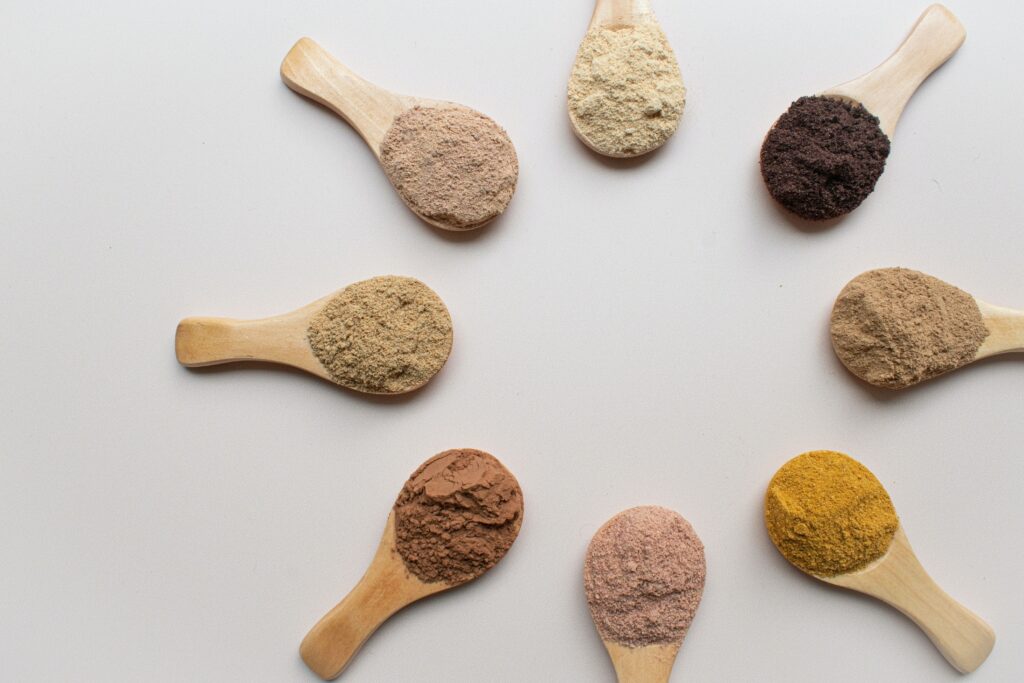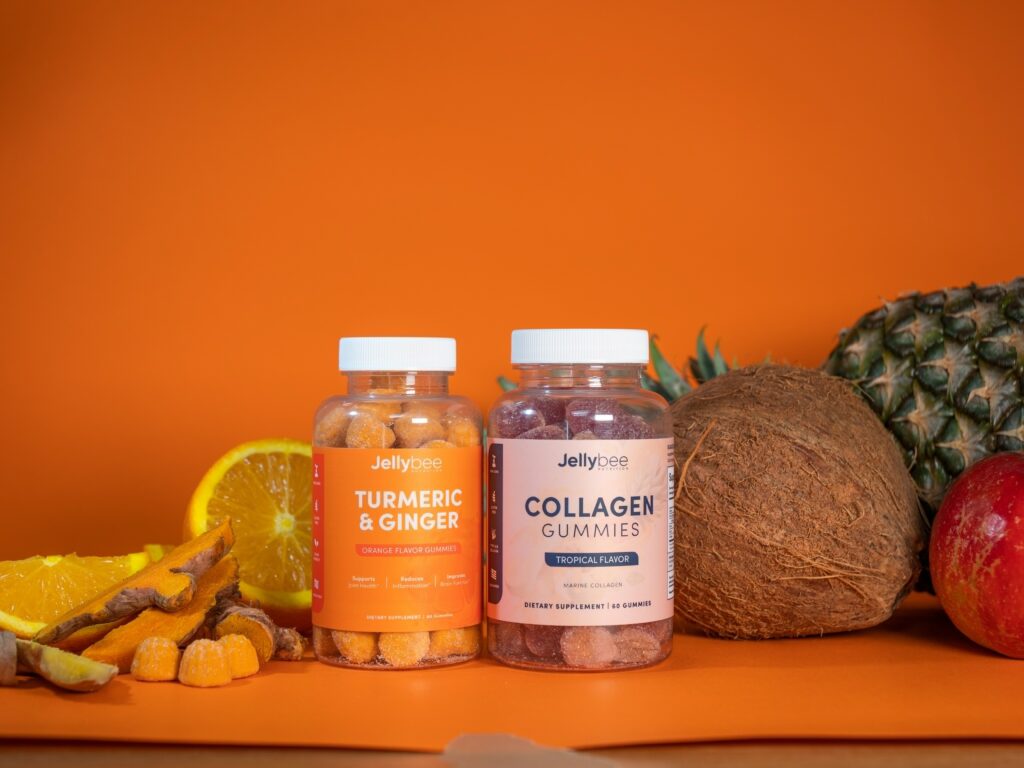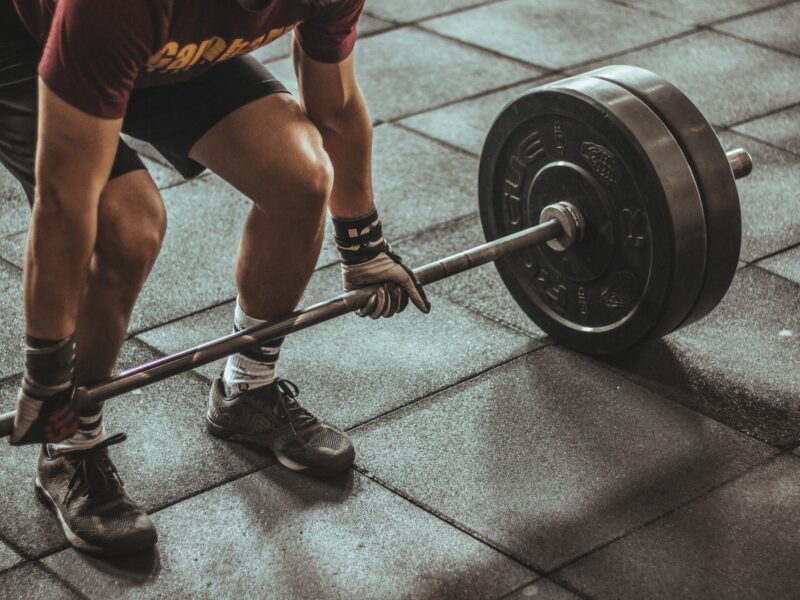If you’re looking to enhance your workout recovery and maximize your gains, then you’ve come to the right place. In this article, we’ll be discussing the best supplements for muscle recovery that you can grab this Black Friday. Whether you’re an avid gym-goer, an athlete, or someone who just likes to stay fit, these supplements will help accelerate your recovery time and ensure your muscles get the nourishment they need. So, get ready to take your fitness journey to new heights with these incredible Black Friday deals on the best supplements for muscle recovery.

Protein Supplements
When it comes to muscle recovery, protein is the key. Whether you’re an athlete looking to enhance your performance or simply someone looking to recover from a tough workout, protein supplements can provide the necessary building blocks for your muscles. One popular option is whey protein isolate. It is a high-quality protein that is easily absorbed by the body, making it ideal for post-workout recovery. It contains all nine essential amino acids, which are crucial for muscle repair and growth. Additionally, whey protein isolate is low in lactose and fat, making it a suitable choice for those with dietary restrictions.
Another type of protein supplement to consider is casein protein. Unlike whey protein isolate, casein protein is a slow-releasing protein, which means it provides a steady supply of amino acids to your muscles over an extended period of time. This can be beneficial during periods of rest, such as overnight, when your body is in a prolonged fasting state. By consuming casein protein before bed, you can optimize muscle recovery while you sleep.
For those following a vegetarian or vegan diet, plant-based protein supplements are a great option. These supplements are typically made from sources such as pea, rice, or hemp protein. While they may have a slightly lower protein content compared to whey or casein protein, they still provide a complete amino acid profile and can effectively support muscle recovery. Plant-based protein supplements are also often easier on the digestive system, making them a suitable choice for individuals with sensitivities or allergies.
Hydrolyzed protein is another type of protein supplement worth considering. It is made by breaking down proteins into smaller peptides, making it easier for the body to absorb and utilize. This fast-acting protein can be especially beneficial for muscle recovery immediately after a workout when your muscles are in need of quick replenishment. If you’re looking for a protein supplement that maximizes nutrient uptake and promotes faster recovery, hydrolyzed protein may be the right choice for you.
Amino Acid Supplements
Amino acids are the building blocks of proteins, and incorporating amino acid supplements into your routine can enhance muscle recovery and promote overall health. One popular type of amino acid supplement is BCAAs (branched-chain amino acids). BCAAs, including leucine, isoleucine, and valine, play a crucial role in muscle protein synthesis and can help reduce muscle fatigue after intense exercise. They are also known to support muscle growth and reduce muscle soreness, making them a great addition to any muscle recovery regimen.
Glutamine is another important amino acid supplement to consider for muscle recovery. Glutamine levels in the body can become depleted during intense workouts, leading to decreased immune function and prolonged recovery times. By supplementing with glutamine, you can support immune function, reduce muscle breakdown, and promote faster muscle recovery.
Beta-alanine is an amino acid supplement that can enhance muscle endurance and reduce muscle fatigue. It works by increasing levels of carnosine, a molecule that helps buffer acid build-up in the muscles during exercise. By buffering the acid, beta-alanine can delay muscle fatigue and support longer, more intense workouts. Incorporating beta-alanine into your muscle recovery routine can help you push through tough workouts and recover more efficiently.
L-arginine is another amino acid that is often used as a supplement for muscle recovery. It is involved in the production of nitric oxide, a compound that helps dilate blood vessels and improve blood flow to the muscles. By improving blood flow, L-arginine can increase nutrient and oxygen delivery to the muscles, promoting faster recovery and reduced muscle soreness. Additionally, L-arginine can support the production of growth hormone, further enhancing muscle growth and recovery.
Creatine Supplements
Creatine is a naturally occurring compound found in small amounts in certain foods, but it can also be supplemented to enhance muscle recovery. Creatine supplements come in various forms, each with its own benefits. Creatine monohydrate is the most commonly used and well-researched form of creatine. It has been shown to increase muscle strength, power, and recovery. Creatine HCL (hydrochloride) is another form of creatine that is known for its improved solubility and potential to require smaller doses compared to other forms. Micronized creatine is a form of creatine monohydrate that has been processed to have smaller particle size, which can enhance absorption and minimize digestive discomfort.
By supplementing with creatine, you can increase your muscle stores of phosphocreatine, a high-energy compound that helps regenerate ATP (adenosine triphosphate) – the cellular fuel your muscles need during intense exercise. This enhanced ATP production can lead to increased power output, reduced fatigue, and faster muscle recovery. Creatine supplements are particularly beneficial for activities that require short bursts of intense energy, such as weightlifting and sprinting.
Omega-3 Fatty Acids
Omega-3 fatty acids are essential fats that play a crucial role in overall health, including muscle recovery. Fish oil, which contains omega-3 fatty acids EPA and DHA, is a popular supplement option. EPA and DHA have anti-inflammatory properties, which can help reduce post-exercise muscle soreness and inflammation. They also support joint health, which is important for overall mobility and recovery. By supplementing with fish oil, you can ensure an adequate intake of these beneficial omega-3 fatty acids and support your muscle recovery efforts.
Another option for omega-3 supplementation is krill oil. Krill oil contains EPA and DHA, similar to fish oil, but it also contains astaxanthin, a powerful antioxidant. Astaxanthin can further support muscle recovery by reducing exercise-induced oxidative stress and inflammation. Krill oil is also known for its superior bioavailability, meaning your body can absorb and utilize the omega-3 fatty acids more efficiently compared to other forms of supplementation.
For those following a plant-based or vegetarian lifestyle, algal oil is a suitable alternative to fish or krill oil. Algal oil is derived from algae and provides a vegan source of EPA and DHA. It offers the same benefits for muscle recovery, including reduced inflammation and improved joint health. Algal oil supplements are a great option for individuals looking to support their muscle recovery while adhering to a plant-based diet.

Vitamin D Supplements
Vitamin D is an essential nutrient that supports numerous bodily functions, including musculoskeletal health and muscle recovery. There are two main types of vitamin D supplements to consider: vitamin D3 (cholecalciferol) and vitamin D2 (ergocalciferol). Vitamin D3 is the more bioactive form and is largely derived from animal sources. It is more effective at raising blood levels of vitamin D and is generally considered the preferred form of supplementation. Vitamin D2, on the other hand, is derived from plant-based sources and is often used as a vegan-friendly alternative. While vitamin D2 can still raise blood levels of vitamin D, it may be less potent compared to vitamin D3.
By supplementing with vitamin D, you can ensure optimal levels of this crucial nutrient, especially if you have limited sun exposure or adhere to a restrictive diet. Vitamin D supports muscle recovery by promoting calcium absorption, which is essential for muscle contraction and overall musculoskeletal health. It also plays a role in reducing inflammation, supporting immune function, and maintaining overall well-being.
Magnesium Supplements
Magnesium is a mineral that plays a vital role in muscle function, energy production, and muscle recovery. There are various forms of magnesium supplements available, each with its own characteristics and benefits. Magnesium citrate is a commonly used form of magnesium that offers good absorption and bioavailability. It can help relax muscles, reduce muscle cramps, and support muscle recovery. Magnesium glycinate is another form known for its high bioavailability and gentle effects on the digestive system. It can support muscle relaxation, promote restful sleep, and aid in muscle recovery. Magnesium oxide is a less expensive form of magnesium, but it has lower bioavailability compared to citrate and glycinate. However, it can still provide benefits for muscle recovery when taken in adequate doses.
By supplementing with magnesium, you can support muscle relaxation, reduce muscle cramps, and promote overall muscle recovery. Additionally, magnesium plays a role in energy production, which is crucial for optimal muscle function and recovery. It is also involved in over 300 enzymatic reactions in the body, making it an essential mineral for overall health and well-being.

Zinc Supplements
Zinc is a trace mineral that is involved in numerous aspects of health, including immune function, metabolic activity, and muscle recovery. There are different forms of zinc supplements available, each with its own characteristics. Zinc picolinate is a highly absorbable form of zinc that provides optimal bioavailability. It supports immune function, aids in muscle repair, and promotes overall recovery. Zinc gluconate is another common form of zinc that offers good absorption and is often used to support immune health. It can also play a role in muscle recovery by promoting protein synthesis and cellular repair. Zinc monomethionine is a form of zinc that is bound to the amino acid methionine, which can enhance its bioavailability and utilization in the body. It provides similar benefits for muscle recovery as other forms of zinc supplementation.
By supplementing with zinc, you can support immune function, aid in muscle repair and growth, and promote overall recovery. Zinc is involved in numerous enzymatic reactions in the body, including those related to protein synthesis and DNA repair. It is also an antioxidant, which can help reduce exercise-induced oxidative stress and support muscle recovery.
Turmeric Supplements
Turmeric is a spice that is known for its anti-inflammatory and antioxidant properties. It contains a compound called curcumin, which is responsible for many of its health benefits. Curcumin has been shown to reduce inflammation, relieve joint pain, and support muscle recovery. It can also help alleviate exercise-induced muscle damage and soreness. Turmeric extract is a concentrated form of curcumin that provides a higher dose of the active compound compared to using turmeric powder as a spice. By supplementing with curcumin or turmeric extract, you can harness the anti-inflammatory and antioxidant powers of turmeric to support your muscle recovery efforts.
Combination formulas that contain turmeric or curcumin along with other ingredients, such as black pepper extract (piperine) or ginger extract, may further enhance the absorption and effectiveness of curcumin. Black pepper extract can increase the bioavailability of curcumin, allowing for better absorption and utilization in the body. Ginger extract can also provide additional anti-inflammatory and antioxidant benefits, further supporting muscle recovery.

Vitamin C Supplements
Vitamin C is an essential nutrient that supports immune function, collagen synthesis, and overall health. While it may not have a direct impact on muscle recovery, it plays a supporting role in overall well-being. There are different forms of vitamin C supplements available, each with its own characteristics. Ascorbic acid is the most common form of vitamin C and provides good bioavailability. It is readily absorbed by the body and can support immune function and overall health. Sodium ascorbate is a form of vitamin C that is buffered with sodium, making it easier on the digestive system. It can provide the same benefits as ascorbic acid while minimizing digestive discomfort. Calcium ascorbate is another buffered form of vitamin C that is often used by individuals with sensitive stomachs. It can promote overall health, support immune function, and aid in collagen synthesis.
By supplementing with vitamin C, you can ensure adequate levels of this crucial nutrient, especially during periods of intense physical activity and muscle recovery. Vitamin C is an antioxidant, meaning it helps neutralize harmful free radicals in the body, reducing oxidative stress and promoting overall recovery. It also supports collagen synthesis, which is essential for healthy tendons, ligaments, and tissues.
Electrolyte Supplements
Electrolytes are minerals that carry an electrical charge and are essential for numerous bodily functions, including muscle contraction and fluid balance. During intense exercise and increased sweating, electrolytes can be depleted, leading to muscle cramps, fatigue, and impaired muscle recovery. Replenishing electrolytes through supplementation can support optimal muscle function and recovery. There are several key electrolytes to consider.
Sodium is a crucial electrolyte that helps maintain fluid balance and supports nerve and muscle function. It is lost through sweat, and replenishing sodium levels can help prevent muscle cramps and enhance muscle recovery. Potassium is another important electrolyte that is involved in muscle contraction and fluid balance. It works in conjunction with sodium to support optimal fluid levels and muscle function.
Calcium is important for muscle contraction and relaxation and plays a role in numerous enzymatic reactions in the body. Supplementation with calcium can support muscle recovery and overall musculoskeletal health. Magnesium, as mentioned earlier, is a vital electrolyte that supports muscle relaxation, energy production, and muscle recovery. By replenishing magnesium levels, you can enhance muscle recovery and reduce the risk of muscle cramps and fatigue.
Incorporating electrolyte supplements into your muscle recovery routine can help ensure optimal levels of these essential minerals, supporting muscle function and overall recovery.





